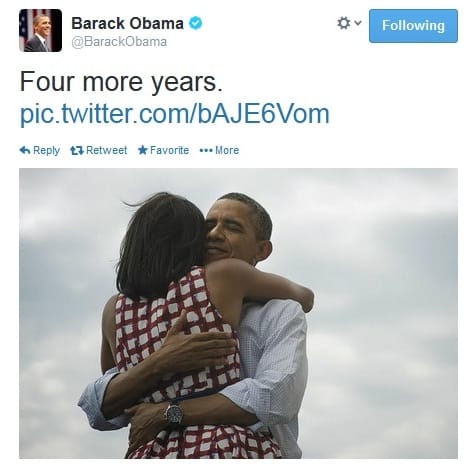Can you win votes through social media engagement, or is it all about the big data?


Is the European elections 2014 going to THE social media election? Is the glass half full or half empty, and suddenly it is mainstream and people have moved on. Why of course we are on Facebook, why do you ask?
But the last year or two, this has been a question that has been asked and asked again. Jon Worth already considered the question in May 2012, and concluded the effect will be marginal at best. Jimmy Leach asked the question together with the Euroepan Parliament Office in London, and in a Huffington Post piece ahead of the event underlined the common misunderstanding of conflating big data with social media.
For me social media will play a role as a way of engaging with voters along with other means and media, but how and how much it will be use will also be dependent on the electoral system of the country in which you as a candidate is running, as I also argued on OpenDemocracy’s blog. You as a candidate have to please the electorate and the party, how much of each depends on where you live. Whether a large influence by political parties in a world where the party membership is declining steeply is democratic and open in a society is another big question.
I managed in the panel debate in November in London to in the words of BBC’s Alasdair Rendall to anger Labour’s Richard Howitt with my claim that social media will not work so well in a country where the electoral system is broadly in the hands of parties. Perhaps I was slightly harsh, the campaigning just moves to be internally within the party, this has also been mentioned by Marek Zaremba-Pike in his Buson-Marsteller piece, Social media and the elections: game-changer or minimal impact?: “Some candidates have gone further, campaigning online for internal party selections (as was the case for many British candidates).”
European Parliament sees social media outreach as an important element in the “Act.React.Impact” campaign, and there is a large number of daily tweets with the hashtag #EP2014 as blogged about by Tony Lockett in Will 2014 be Europe’s Twitter election?
So whether or not social media will have an impact on a candidate’s personal result will be dependent on where they live, if they live in one of the green member states, then they can hope to make a difference for themselves. In the orange states it is mainly posturing for internal party gains and for doing your bit for overall party result. And as most people are rational egocentric people, they probably will not invest as much as they could if they could see a personal benefit.

Does social media work in political campaigns? Toke and Thomas have better insights and experience on those. So I’ll leave you to their slides.
But for me, it’s my preferred media both to consume and produce information, so why should I stop using social media, just because I’ve become a political candidate?
The challenge is to break outside of my already established circles and make a more permanent impression with enough people, but also to remain a person, and not become a broadcaster.
This can be more difficult than it seems as being a political candidate encourages you to take quite a calculating view on the world and how you can maximise your efforts, so remaining true to yourself does require an extra level of awareness of this. If you don’t want to end up a complete political animal as defined by Jeremy Paxman in his 2002 book The Political Animal